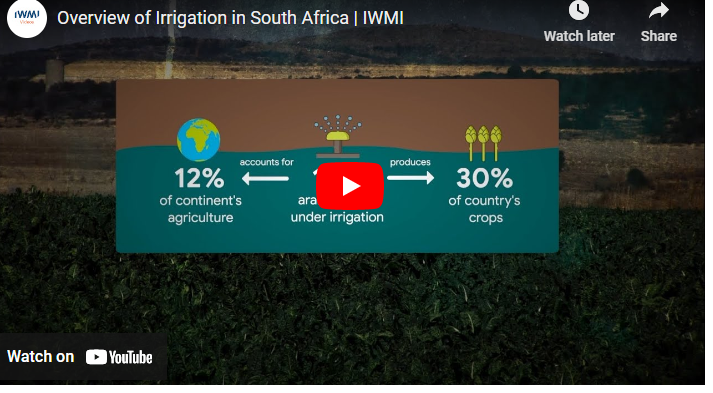Farming can be a challenging and rewarding endeavor for those who are just starting out. Whether you’re a first-time farmer or a seasoned pro, there are always new tips and techniques to learn in order to improve your farming practices.
Here are 12 farming tips to help new farmers get started and make the most out of this venture..
12 Farming Tips for Beginners And How To Get Started
Start small:
One of the biggest mistakes new farmers make is trying to take on too much land or too many animals at once. Starting small will allow you to get a feel for the work involved and help you avoid overwhelming yourself.
Choose the right crops:
It’s important to choose crops that are well-suited to your local climate and soil conditions. Research different options and talk to other farmers in your area to find out what has been successful in the past.
Invest in equipment:
Farming requires a significant investment in equipment, so it’s important to choose the right tools for your needs. This might include tractors, plows, and other machinery, as well as smaller tools like hoes and rakes.
Learn about soil management:
Proper soil management is essential for successful farming. This includes understanding the pH levels of your soil, how to fertilize and amend it, and how to prevent erosion.
Build a strong fence:
Fences are essential for keeping animals in and predators out. Invest in a sturdy fence that will last for many years and is able to keep your livestock safely contained.
Diversify your income streams:
Diversifying your income streams will help you to weather any potential downturns in the market. Consider raising multiple types of crops or animals, or offering other services like agritourism or custom-grown produce.
Have a plan for pests and diseases:
Pests and diseases can cause significant damage to crops and animals, so it’s important to have a plan in place to deal with them. This might include using pesticides or implementing natural methods like crop rotation.
Keep accurate records:
Good record-keeping is essential for tracking your expenses, income, and production. Use software or an excel sheet to track your records regularly.
Build a network of other farmers:
Building a network of other farmers can be incredibly helpful. You can learn from their experiences, ask for advice, and share resources.
Develop a marketing plan:
Having a marketing plan will help you to reach potential customers and sell your products. Consider building a website or social media presence, or reaching out to local grocery stores and restaurants.
Learn about financing options:
Financing options like grants, loans, and subsidies are available to help new farmers get started. Learn about the options that are available and apply for as many as you qualify for.
Be Prepared for the long haul:
Farming is not a get-rich-quick scheme. Be prepared for a long-term investment, and be prepared for the ups and downs that come with it. Stay motivated and keep learning, and you’ll be well on your way to success.
Conclusion
There are many areas to venture into that are lucrative for farming, like organic farming, hydroponics, aquaponics, and niche farming like specialty crops or niche animal breeds. Consider researching and studying these areas to see if they align with your goals and values. With hard work and dedication, new farmers can achieve success and build a sustainable and profitable farming operation.




Hi i am the new farmer i need more information about farming. Thank you.
So, what area of the agro business are you planning to venture into? This will give me insight on how to guide you through on the particular venture.